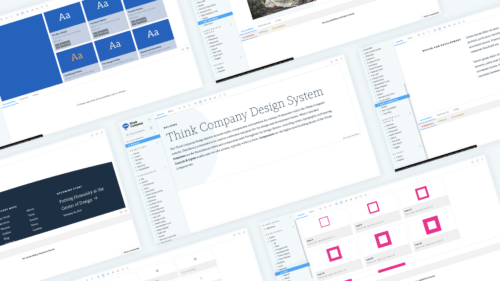
Overview
With 20M+ active customers, Comcast knows the importance of customer service. Keeping up with new service offerings and evolving customer needs was becoming difficult with its Customer Relationship Management (CRM) software built on over a decade-old infrastructure. Think Company helped Comcast revamp its customer experience and improve its digital tools for agents, resulting in faster service and support completion and happier customers.
Industry
Company Revenue
$100B+
Agile approach to product improvements
Being a national organization segmented into regional divisions, we knew a one-size-fits-all solution wouldn’t cut it. An agile approach allowed for continuous iteration and the prioritization of each region’s nuanced challenges and goals.
Collaborative product development
Once an internal process was developed, we focused on creating repeatable design patterns. By involving more teams in the design process, we helped break down business silos and created a cohesive interface that unified the product’s overall user experience.
Dual teams for enhanced workflow
Due to the sheer number of features that needed to be designed, we ran the project on dual tracks by creating two dedicated teams, each working toward a specific goal. This way of working enabled us to continuously design feature releases that improved customer-CSR touchpoints while creating a roadmap of future enhancements.
Advanced user research
CSRs across the country address vastly different customer demographics and service offerings—making user research complex. To tackle this, we used various research methods, including agent interviews, side-by-side product observations, and object-oriented UX mapping. With the knowledge gleaned, we created a platform that seamlessly integrated resources for each agent while decreasing overall resolution time.
Evolving a CRM to accommodate work from home
When the 2020 COVID-19 pandemic required CSRs to work remotely, optimizing the interface for smaller mobile devices became vital. Our team worked rapidly to audit the product’s current state, identify features not optimized for mobile devices, and implement a new responsive design system. This paved the way for agents to assist customers from any location.
Developing a scalable CRM
Through strategic consulting with our client, we helped to create a framework to effectively grow and evolve a complex CRM system. The dual-track approach allows us to launch features faster. The agile research methods have improved the CSR experience—enhancing speed and efficiency when working with customers. Most importantly, we developed a foundation for the CRM platform that is replicable and scalable.
CHAT WITH OUR TEAM OF EXPERTS
Are you looking to improve your employee and customer experiences?
START A PROJECT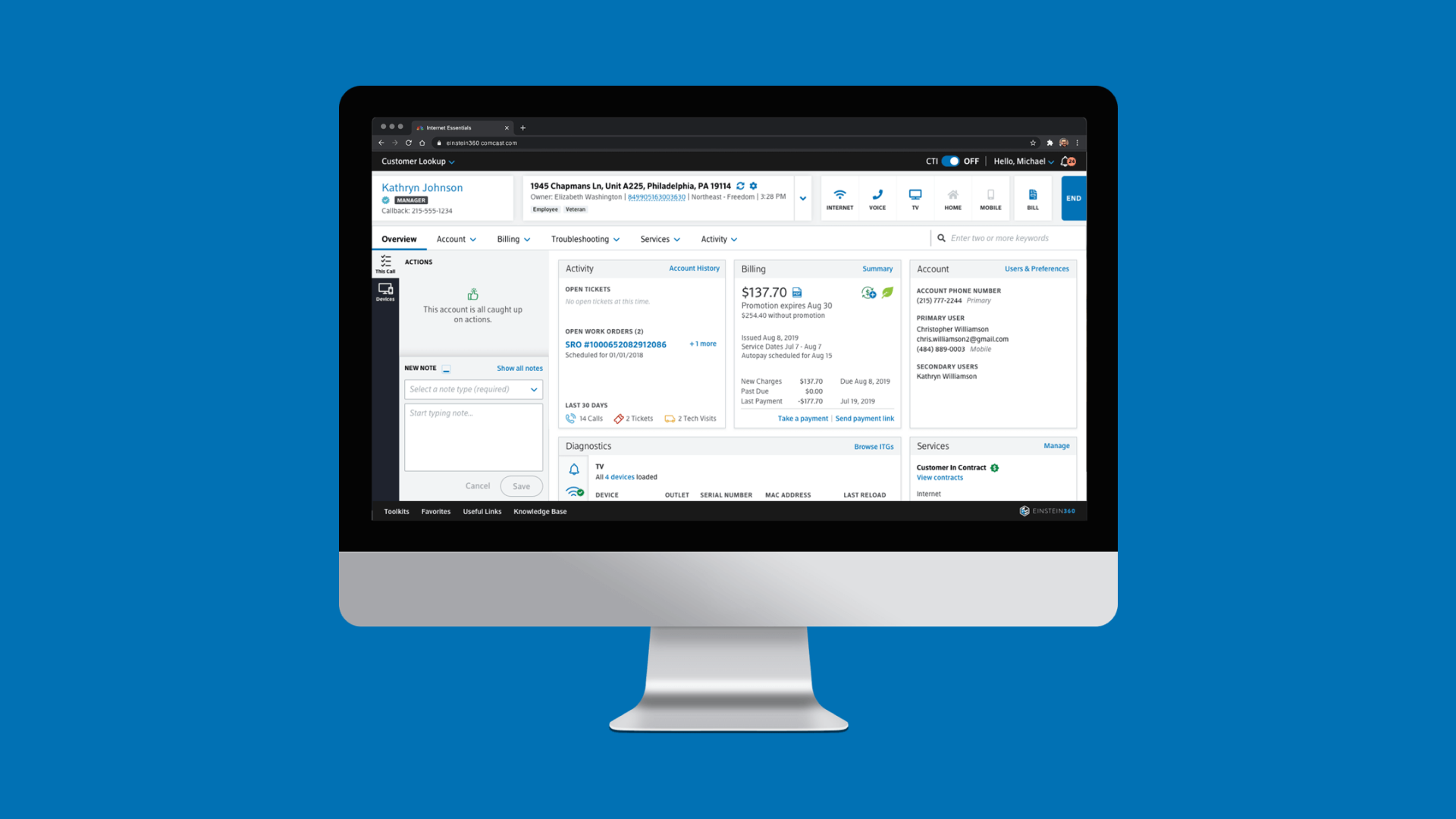
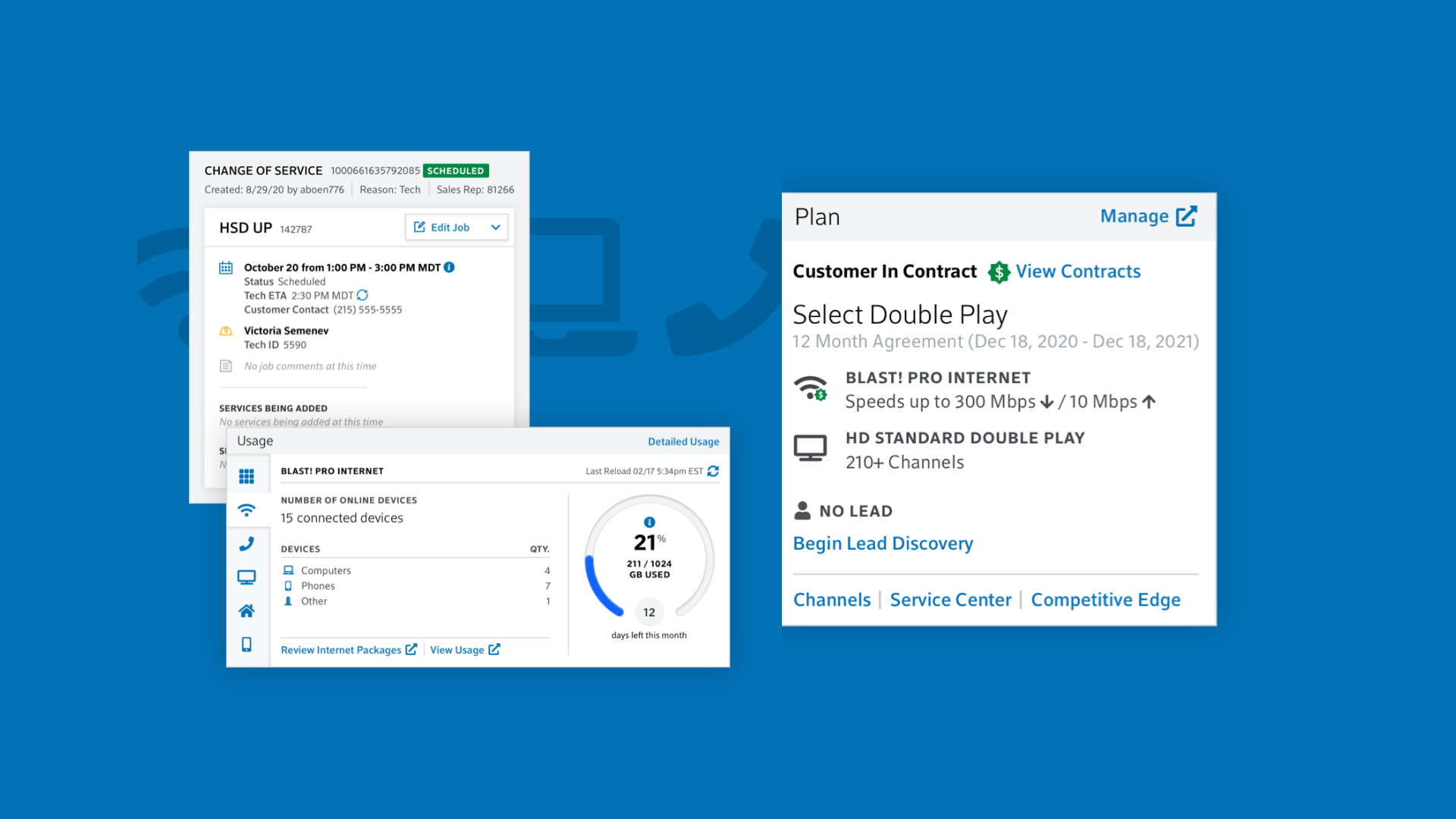
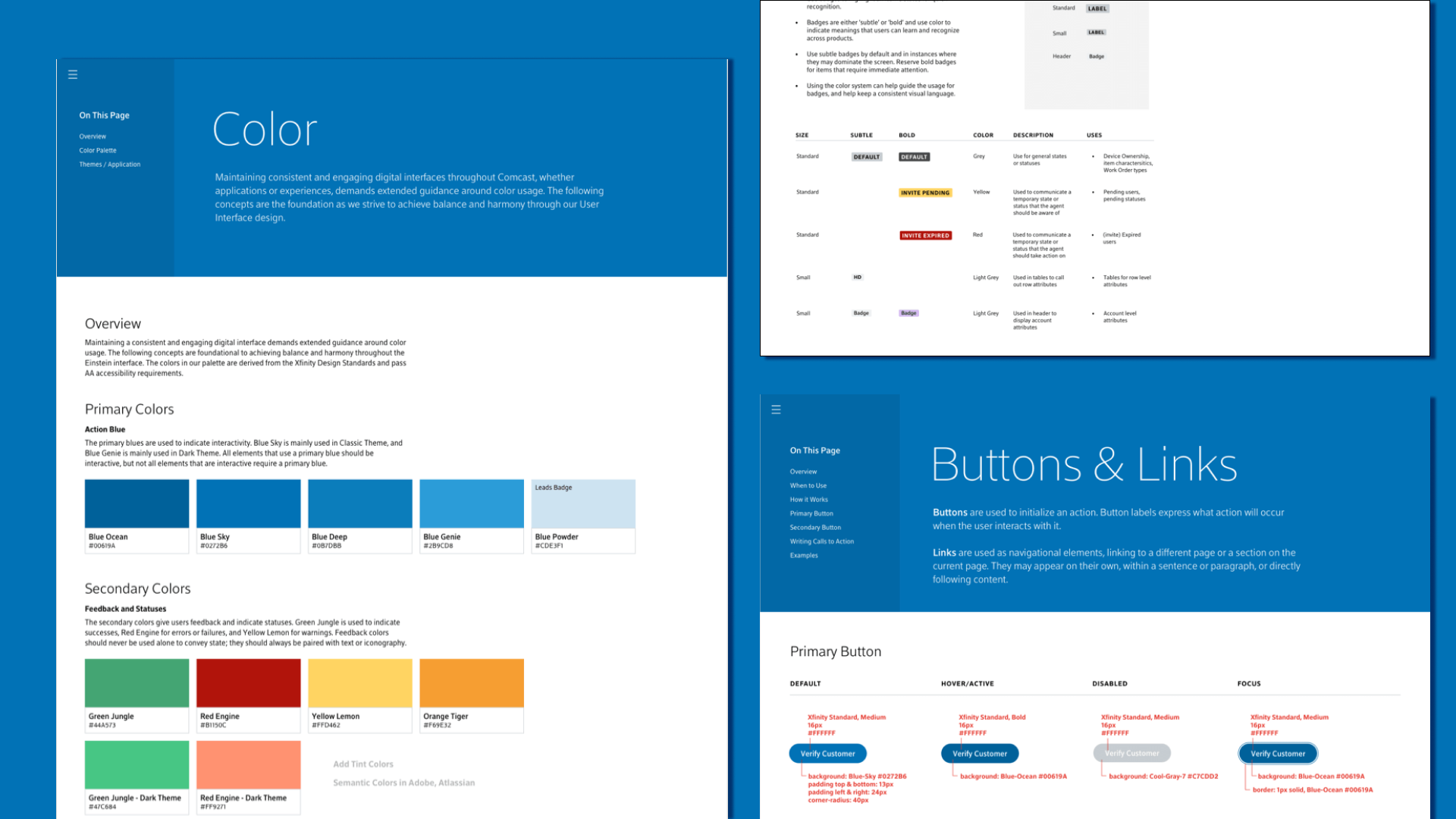
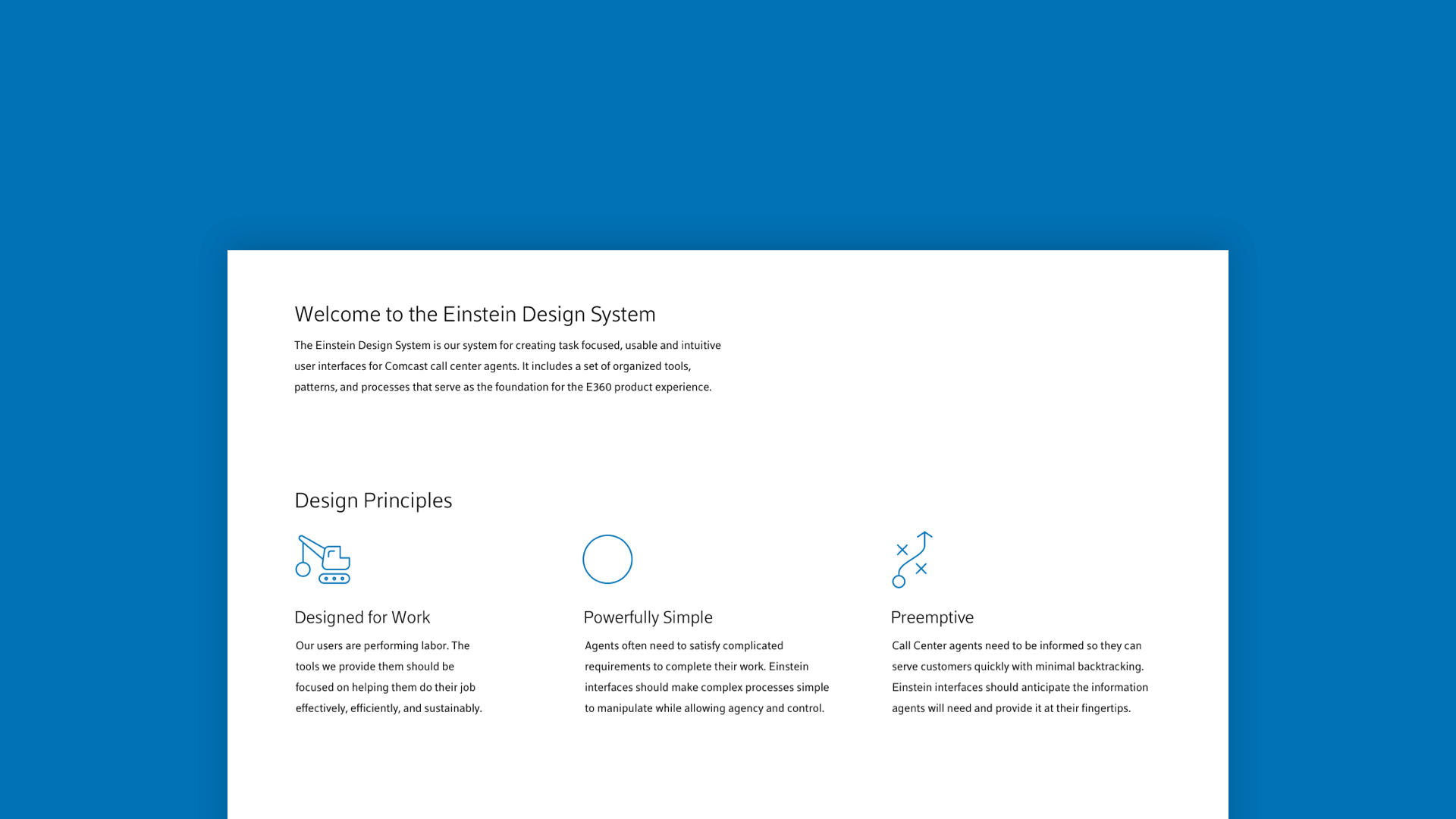
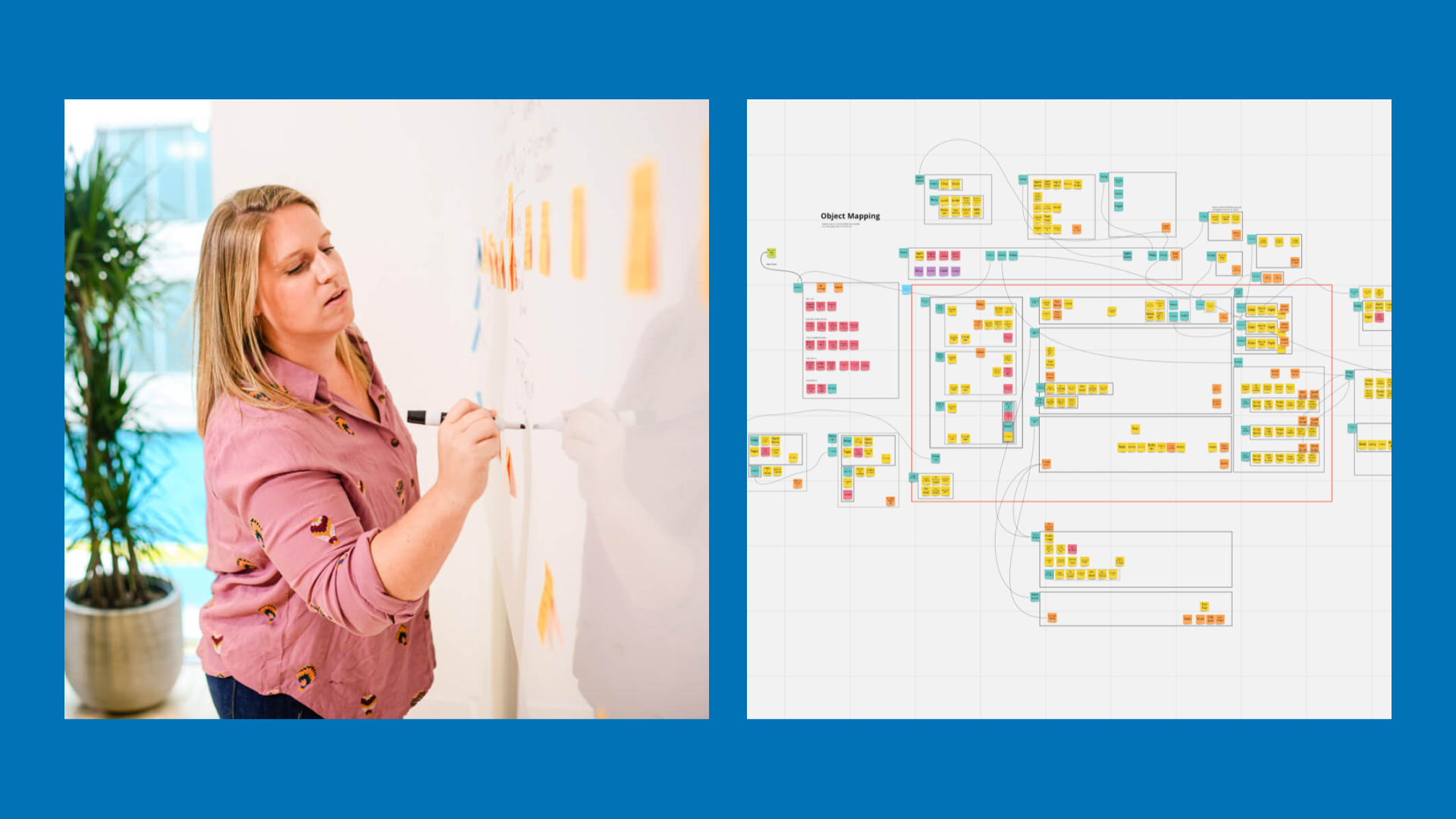
More insights from our team of experts
EXPLORE MORE CASE STUDIESSend us a postcard, drop us a line
Interested in working with us?
We scope projects and build teams to meet your organization's unique design and development needs. Tell us about your project today to start the conversation.

